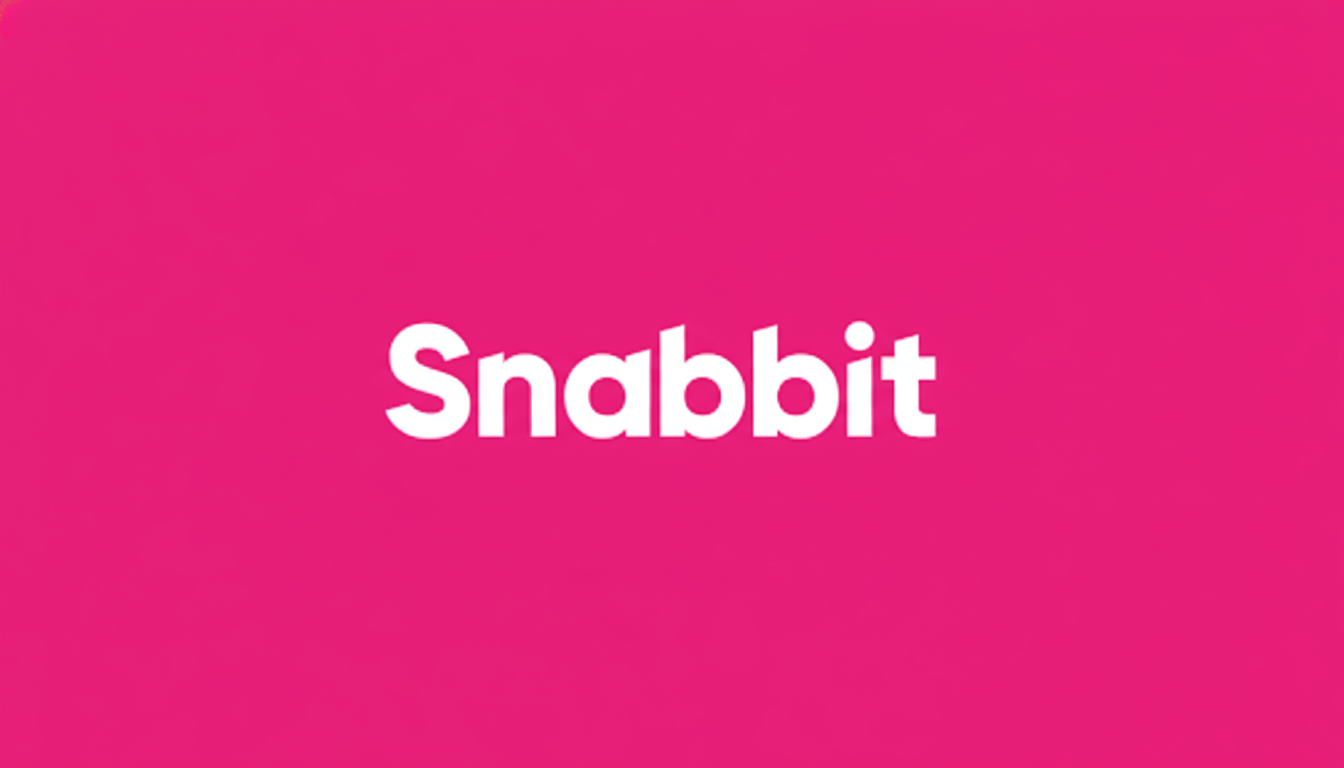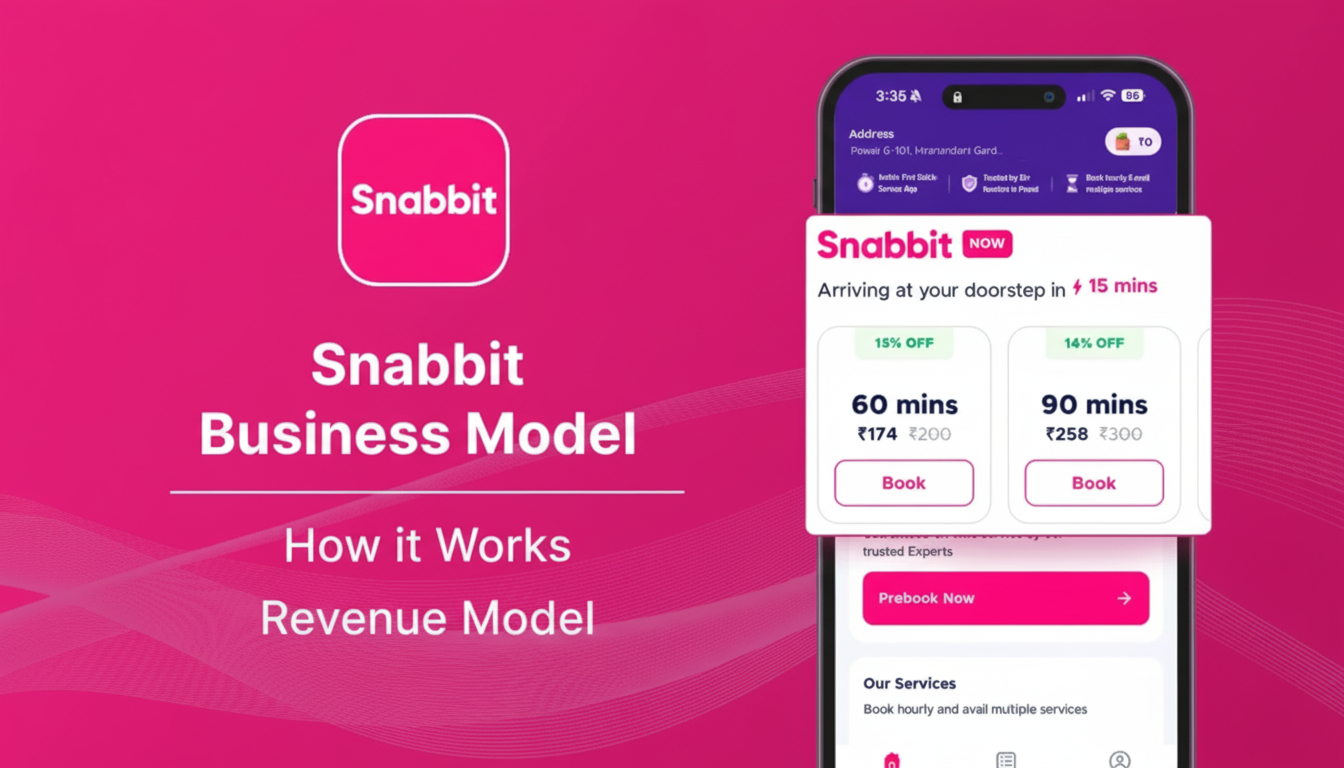India’s newest on-demand services rocket ship is not a biryani or banana delivery, but dishwashing, laundry, and kitchen prep in minutes. It has secured $30 million in fresh funding, lifting its valuation to $180 million — roughly twice what investors gave it five months ago. The all-equity Series C was led by Bertelsmann India Investments with continued support from Lightspeed, Elevation Capital, and Nexus Venture Partners. Snabbit has now raised $55 million in total, a rapid capital cadence that mirrors consumer traction and investors’ conviction that quick convenience is moving decidedly into household services.
Funding and valuation: Snabbit’s rapid capital trajectory
- $30 million all-equity Series C round
- Led by Bertelsmann India Investments; participation from Lightspeed, Elevation Capital, and Nexus Venture Partners
- Valuation lifted to $180 million, roughly double in five months
- Total capital raised to date: $55 million
The company has now completed three fundraises in under a year, and the patterns indicate a clear playbook: dense hyperlocal supply, strict adherence to service levels, and category focus where frequency and urgency are the highest.

Snabbit’s management says the new capital will deepen city-level presence as well as enable new entries into daily-cook support, child care, and elder care — verticals that could make order frequency and retention materially easier.
For a venture investor cohort that has become more discerning about unit economics, doubling in value over a short window usually signals improved throughput, and cohort behavior has remained consistent, not just top-line spikes.
The round’s overall composition — entirely equity — also indicates that backers see a significant runway rather than bridge-to-profitability pressure.
A 10-minute house-help playbook for hyperlocal scale
Founded in 2024, Snabbit operates a 100% women-led fleet of about 5,000 trained professionals stationed around high-density residential clusters. The system borrows from quick-commerce logistics: micro-zones, tight batching windows, and aggressive routing to keep “deadhead” distance low. The company says it has already trimmed the average walk between jobs from roughly 300 meters to 250 meters — small increments that compound into more completed tasks per shift and higher worker earnings.

- Pricing: around ₹150 per hour, with an average ticket near ₹240
- Earnings: workers earn ₹25,000–₹30,000 monthly
- Customers: more than 300,000 served, up from around 25,000 earlier this year; another 100,000 expected shortly
- Demographics: core users are 30–40 years old — bachelors and dual-income professionals prioritizing punctuality, safety, and flexibility
Metrics that won investors: speed-to-serve and density
- Speed-to-serve: a sub-10-minute arrival promise is a powerful differentiator in apartment-heavy neighborhoods where churn on schedules is constant.
- Micro-market density: by stacking supply around the exact towers and blocks that generate repeat demand, Snabbit drives high utilization with minimal travel overhead — critical for margins at low ticket sizes.
Platform labor context and the competitive landscape in India
The surge itself dovetails with India’s broader platform-labor trajectory. NITI Aayog’s recent analysis of the gig and platform economy suggests that millions participate in flexible, tech-mediated jobs and that the workforce will grow substantially throughout the decade. And household services are one of the most frequent, habitual use cases within that arc — an advantage when cohorts mature and contribution margins improve with scale.
Snabbit is not alone in chasing instant home services. Urban Company, the category’s pioneer, is intensifying its own focus on “instant,” while younger players like Broomees and Pronto test different staffing and fulfillment models. But Snabbit contends that in hyperlocal services, you don’t win entire cities — you win a mosaic of micro-markets. Its strategy, therefore, prioritizes depth over breadth, seeking to dominate clusters before expanding — a lesson piloted by quick-commerce operators, who found that density outperforms extension for both experience and economics.
The bet is that reliability — not just price — anchors loyalty. That entails rigorous background checks, ongoing training, and predictable arrival times — spaces where technology, process discipline, and neighborhood-level routing may be advantageous.
With the freshly raised capital, Snabbit will double down on high-frequency categories such as cooking assistance, child care, and elder care. These sectors have the potential to raise order cadence substantially, but they need extra safety precautions and more layered and richer skill-matching. If Snabbit can keep the utilization gains it made during its experiment while enhancing quality controls, its 10-minute promise may become a credible moat — one that brings instant convenience from the front gate to the kitchen sink.
The challenge is scaling discipline while protecting moats
The challenge now is no longer to prove demand, but to scale discipline to maintain the product’s profitability, reduce idle time, and protect competitive advantages in the micro-markets from incumbents and newcomers who target micro-markets for instant dominance. As of now, investors have decided that Snabbit’s fast house-help bet pays off and maintains a premium funnel.

